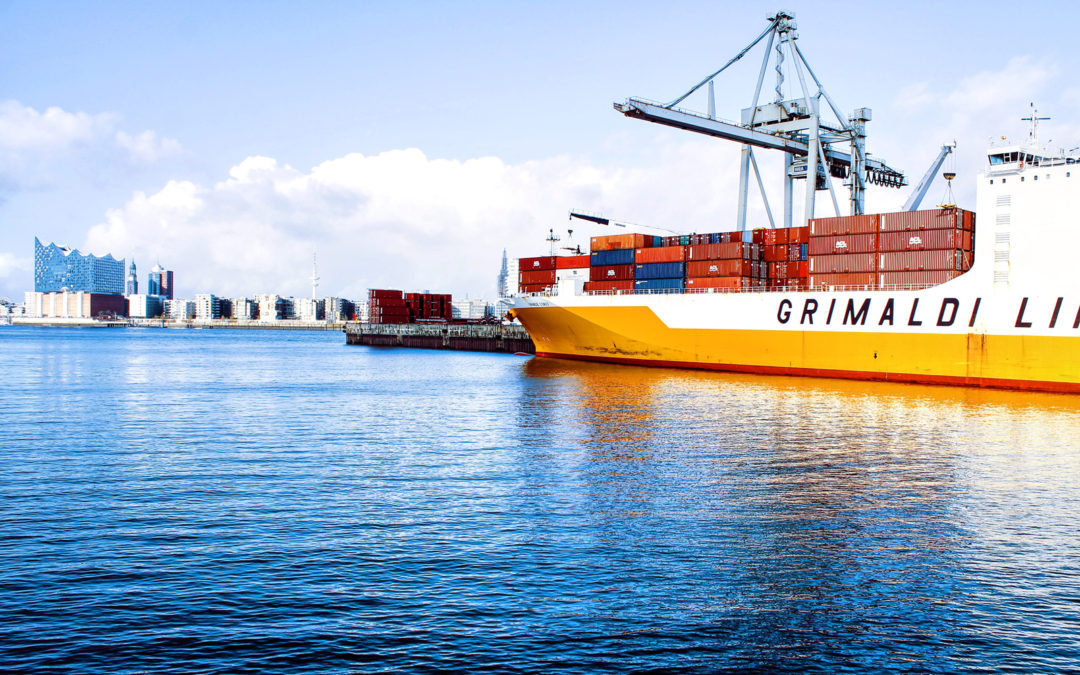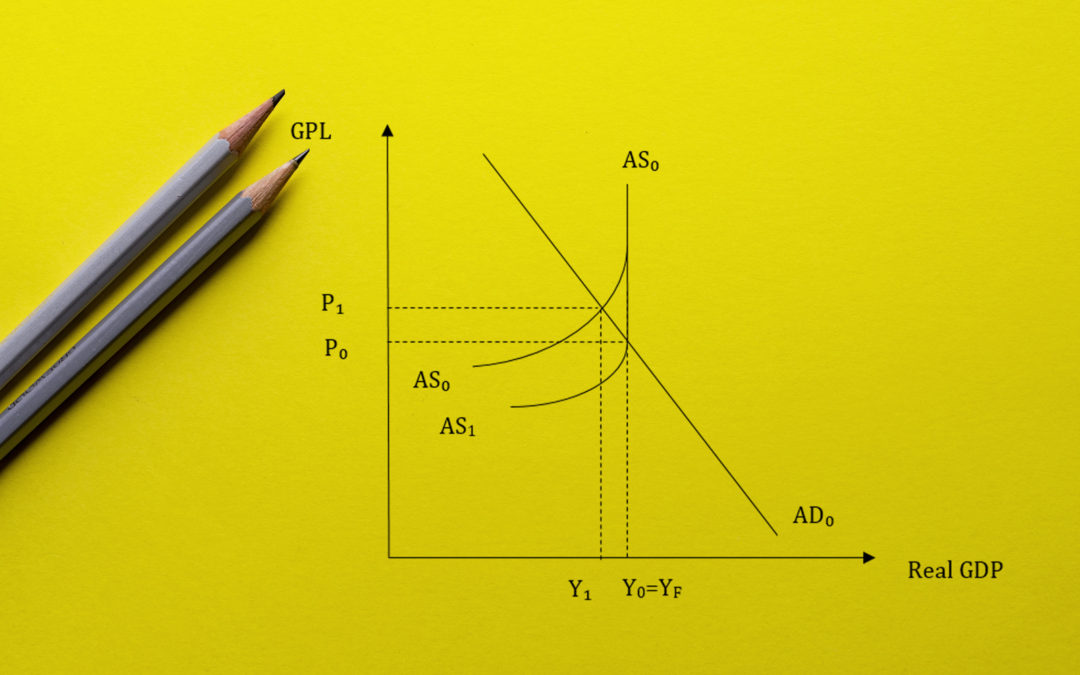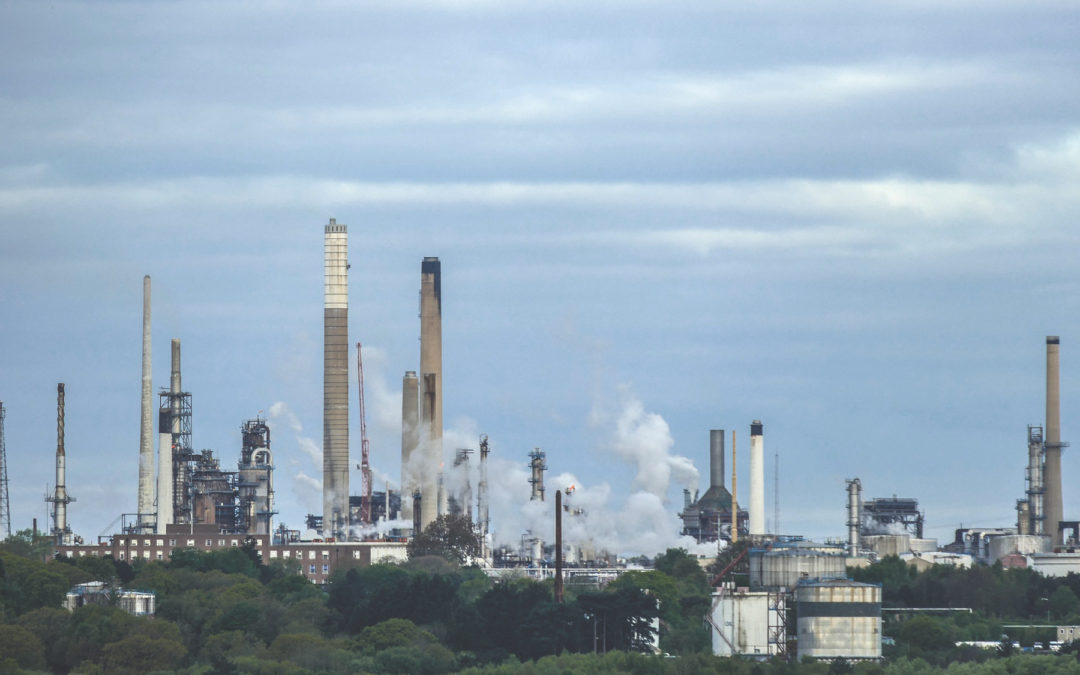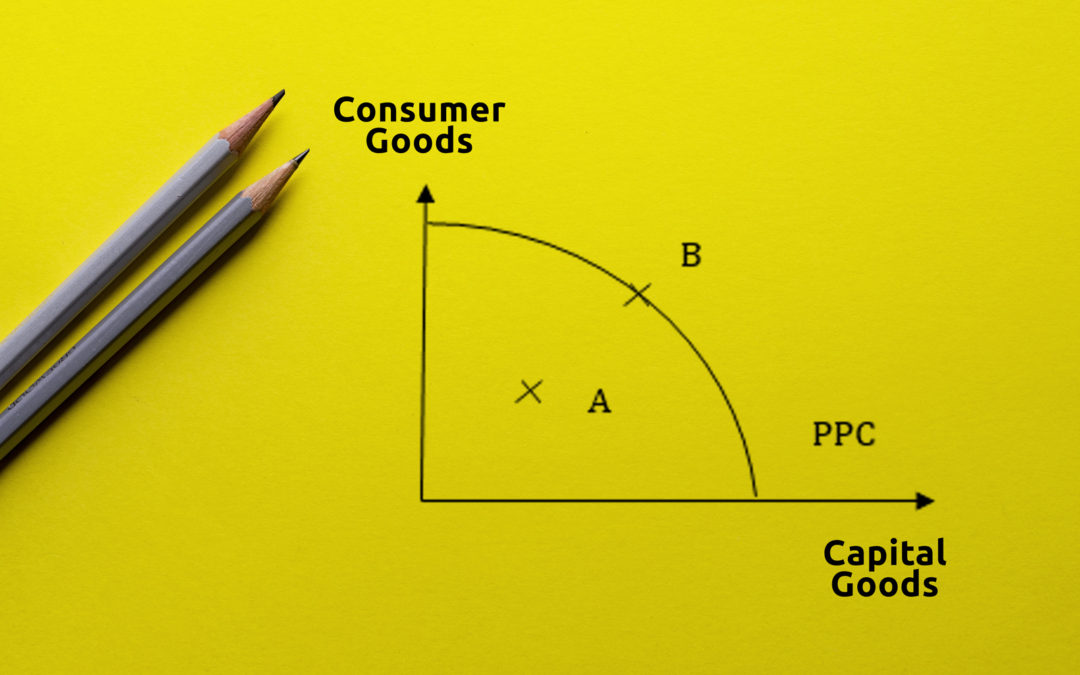
by Simon Ng | Oct 8, 2015 | Economics Tuition, International Trade, JC Economics Notes, Macroeconomics |
Purpose of comparative advantage The concept of comparative advantage explains how countries which are efficient in production can specialise and trade with countries which are inefficient so as to maximise total production and consumption, based on the concept of...

by Simon Ng | Oct 8, 2015 | Economics Tuition, International Trade, JC Economics Notes, Macroeconomics |
The factors that limit free trade can be seen in terms of the artificial barriers to trade, and natural barriers to entry. The artificial barriers to trade refers to protectionism, in which countries implement policies that prevent the import of foreign goods into the...

by Simon Ng | Aug 20, 2015 | Economics Tuition, Inflation, JC Economics Notes, Macroeconomics |
Cost-push inflation occurs when there is a rise in cost of production which will lead a fall in the aggregate supply that will lead to an excess demand condition, contributing to increase in price level. When the cycle becomes cyclical, it will develop as wage-price...

by Simon Ng | Aug 20, 2015 | Economics Tuition, Inflation, JC Economics Notes, Macroeconomics, Unemployment |
When there is a rise in oil prices, the cost of production is increased which will lower aggregate supply, resulting in an excess demand condition, thus raising general price level. Hence, cost-push inflation arises. An oil price hike leads to inflationary pressures....

by Simon Ng | Aug 13, 2015 | Central Economic Problem, Economics Tuition, JC Economics Notes, Microeconomics |
Economic growth refers to the growth of production, seen in terms of actual and potential production capacity. Actual economic growth, also known as short term growth, is commonly measured in terms of a percentage change in the real Gross Domestic Product (GDP). The...






